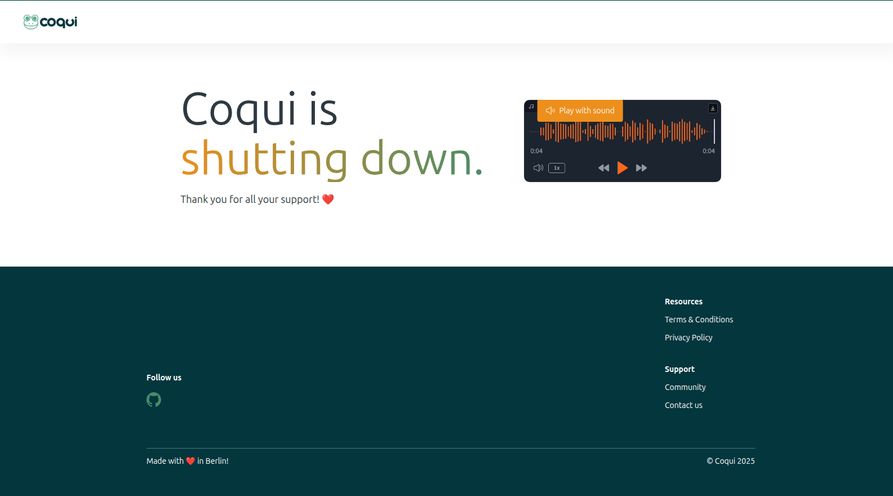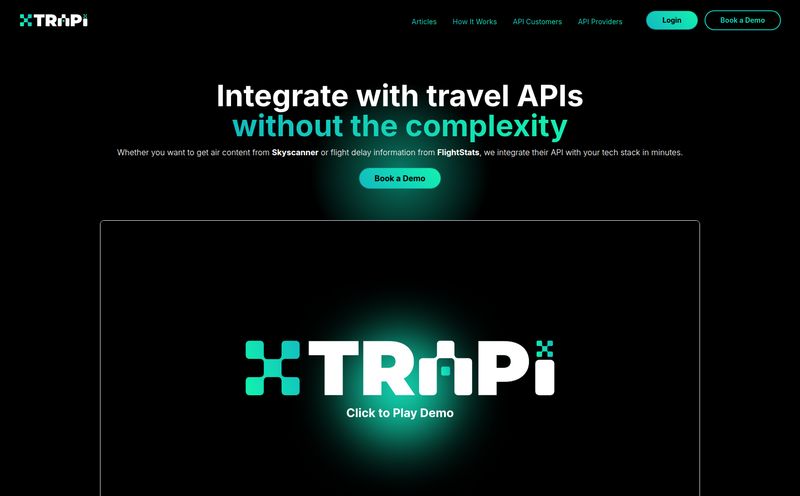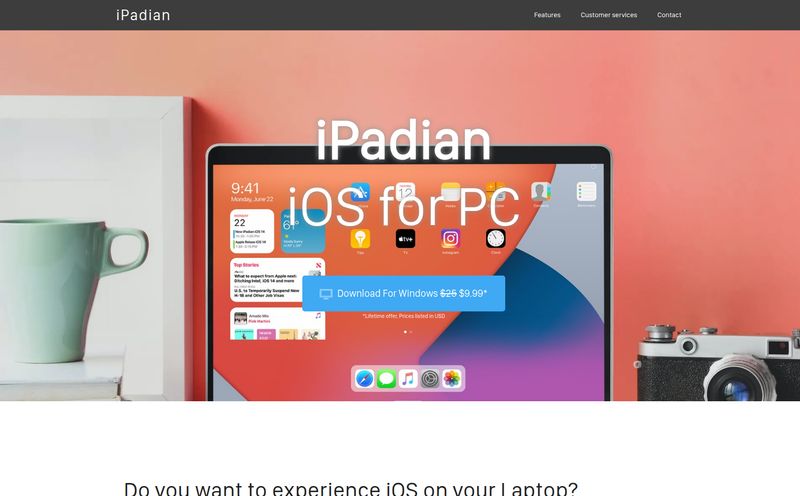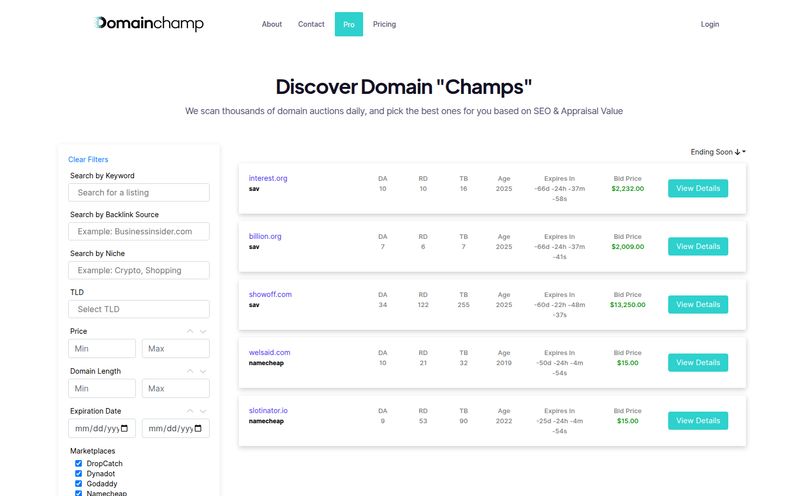Alright, let’s have a little chat. In the world of SEO and digital marketing, you're always on the hunt for the next edge. The next tool that saves you time, the next platform that gives you a new angle. So when I heard whispers of a tool called “Muzzle” – a free, private way to use AI – my ears perked up. Privacy and AI? For free? That’s like finding a unicorn in a data center. So I did what any tech-savvy pro would do: I Googled it.
And I landed on a page for… dog muzzles. And pet beds. With a lovely tagline about “Comfort and safety for pets.”
Honestly, my first thought was, 'Did I type the URL wrong?' But no. It turns out there’s a bit of a brand collision out there in the wild west of the internet. So, let’s be crystal clear. This is not about pet accessories. Today, we're talking about the other Muzzle. The one that promises to be a privacy-first gateway to AI language assistance. It’s a classic mix-up, and frankly, it makes this whole thing a bit more interesting, doesn't it?
What Exactly is This Muzzle AI Platform?
Putting the pet store confusion aside, let's focus on the tech. Muzzle AI, as described, is an AI language assistance platform. Its big claim to fame is that it’s both free and private. The core idea is to give you a direct line to the power of ChatGPT without the usual strings attached. You know, the strings where you’re creating an account, handing over your email, and implicitly agreeing that your chats might be used to train the next generation of AI.
Muzzle says it acts as a go-between, ensuring none of your personally identifiable information ever reaches the AI model. It’s an attempt to make powerful AI accessible to literally anyone, without them having to trade their privacy for it. A great idea in theory.
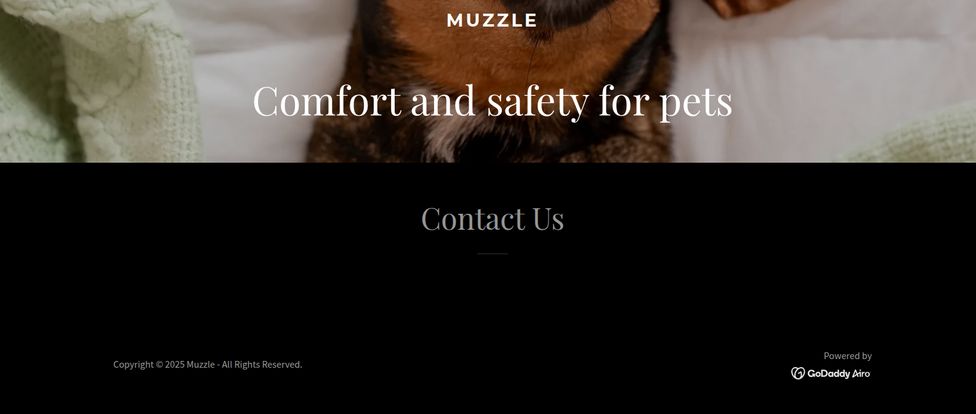
Visit Muzzle
The Core Promise: Privacy in an AI-Saturated World
Let's get real for a second. We've all had that slightly paranoid thought after a long session with an AI chatbot. Where does this conversation go? Who sees it? If I'm using it for work, am I accidentally feeding my client's proprietary data into a machine I don't control? These are legitimate concerns.
Why AI Privacy Has Become a Big Deal
Major AI platforms like OpenAI’s ChatGPT are incredible, but they’re not charities. They operate on a massive scale, and a big part of their development involves learning from the vast number of conversations they have. While often anonymized, the very idea that your creative brainstorming, business planning, or personal queries are becoming part of a training dataset can be... unsettling. For professionals handling sensitive information, it's a non-starter. This is the gap Muzzle aims to fill.
How Muzzle Claims to Protect You
From what I can gather, Muzzle works like a digital bouncer for your data. You give your prompt to Muzzle, and Muzzle passes it along to the AI, but it strips out the stuff that identifies you. Think of it as a proxy or an intermediary. Your IP address, account details (since you dont need one), and other metadata are kept separate from the content of your query. Your conversation is with the AI, but your identity stays with Muzzle. Or, more accurately, it never gets involved in the first place. A simple, yet powerful, concept.
But Wait, How Can It Be Free?
Here’s where my professional skepticism kicks in. In tech, there's an old saying: “If you’re not paying for the product, you are the product.” So, how does a service like this exist for free? The information on Muzzle is a bit thin, which is a red flag in itself. There’s no pricing page, no “About Us” detailing their funding or business model.
One could speculate. Maybe it’s a passion project. Perhaps they plan to introduce a premium tier later with more advanced features. Or, the most common model, they might eventually serve ads. For now, it seems to be genuinely free, but I’d advise anyone to proceed with a healthy dose of caution. ‘Free’ on the internet rarely stays free forever without a catch.
Breaking Down the Muzzle User Experience
Okay, so it's private and it's free. But is it any good to use? This is where we have to read between the lines a bit.
Supposedly Hassle-Free AI Access
The promise of “hassle-free communication” suggests a very simple, straightforward interface. No complex dashboards, no confusing settings, no lengthy sign-up process. You just arrive and start typing. This is a huge win for accessibility. It lowers the barrier to entry for people who are intimidated by more complex platforms or simply don't want yet another online account to manage. It's for your grandma who wants a poem for her friend's birthday, or a student who needs to quickly rephrase a paragraph, not for a data scientist running Python scripts.
The Obvious Limitations and Murky Details
And here's the trade-off. The biggest 'con' listed in the data I've seen is the “Limited information on specific features.” This is an understatement. We know it offers private access to a language model, but that's about it. Does it use GPT-3.5 or the more powerful GPT-4? Can it browse the web for real-time information? Does it support file uploads, data analysis, or image generation? We just don't know.
This lack of detail means it's probably not a tool for power users. If your workflow depends on custom instructions, plugins, or the advanced features offered by paid AI tiers, Muzzle is likely not going to cut it. It’s a bit like being handed a car with a gas pedal and a steering wheel, but no speedometer, no radio, and no GPS. It'll get you down the road, but the experience is basic.
So, Who Is Muzzle AI Actually For?
After piecing all this together, a clear picture of the ideal Muzzle user emerges. It's not me, the SEO pro who needs to analyze keyword data and generate structured content outlines. It's for the casual, privacy-conscious user.
It’s for the person who wants to:
- Draft a quick email without worrying about corporate surveillance.
- Get help with homework without creating an account.
- Satisfy a random curiosity (“What was the name of that actor in that one movie from the 90s?”).
- Play around with AI to see what it can do, without any commitment.
It’s a utility for the masses, not a specialized tool for the professionals. And you know what? There’s a huge market for that. Not everyone needs a Swiss Army knife when all they need to do is open a box.
My Honest Take as a Digital Pro
So, what’s my final verdict? Muzzle AI is a fascinating concept. The idea of democratizing AI access while championing privacy is something our industry desperately needs more of. I love the principle behind it.
However, the lack of transparency is a major sticking point for me. I’d use it for trivial, non-sensitive queries in a pinch. But until there’s more clarity about which language model it's using and how the company sustains itself, I wouldn’t rely on it for any serious work.
It’s funny, we started this journey talking about pet muzzles, and in a way, that's a perfect analogy. Muzzle AI puts a protective muzzle on your data, keeping it safe from the big tech giants. But in doing so, it also seems to put a muzzle on the AI's full capabilities. You gain privacy, but you lose power and features. Whether that trade-off is worth it, well, that's entirely up to you.
Frequently Asked Questions
- Is Muzzle AI really free to use?
- Based on all available information, yes, Muzzle AI is currently free. However, there is no public information on its long-term business model, so this could change in the future.
- How does Muzzle AI protect my privacy?
- It acts as an intermediary, sending your query to an AI model like ChatGPT without passing along any of your personal data, such as your IP address or account information.
- Can I use Muzzle for complex tasks like coding or data analysis?
- It's unlikely. The platform appears to be focused on basic language assistance. There is no information suggesting it supports advanced features like code interpretation, file uploads, or AI plugins.
- What’s the difference between Muzzle and using ChatGPT directly?
- The main difference is privacy and simplicity. Muzzle doesn't require an account and claims not to store your personal data with your chats. The trade-off is a likely reduction in features and capabilities compared to using the native ChatGPT platform, especially its paid tiers.
- Is Muzzle AI related to the 'Muzzle' brand for pets?
- No, they are not related. It appears to be a coincidence that two different services share the same name. One sells pet supplies, and the other is a tech platform for private AI access.
- Where can I try Muzzle AI?
- You would need to find the specific URL for the Muzzle AI platform. Be careful not to confuse it with the pet supply website during your search!
Final Thoughts on a Private AI Future
Muzzle AI, despite its mysterious nature and unfortunate name collision, represents a growing sentiment in the tech world. People want the benefits of amazing new technologies without feeling like their privacy is the price of admission. It’s a simple, perhaps overly simplistic, solution to a very complex problem. While it may not be the go-to tool for seasoned professionals, its existence is a positive sign. It shows a demand for a different kind of internet—one that is a bit more private, a little less intrusive, and accessible to everyone. And that’s a trend I can definitely get behind.
Reference and Sources
For this review, information was synthesized from publicly available data about the Muzzle AI platform. For direct access, you would need to locate the correct domain for the AI service. No external academic studies were cited.
- Muzzle AI Platform (URL to be confirmed)
